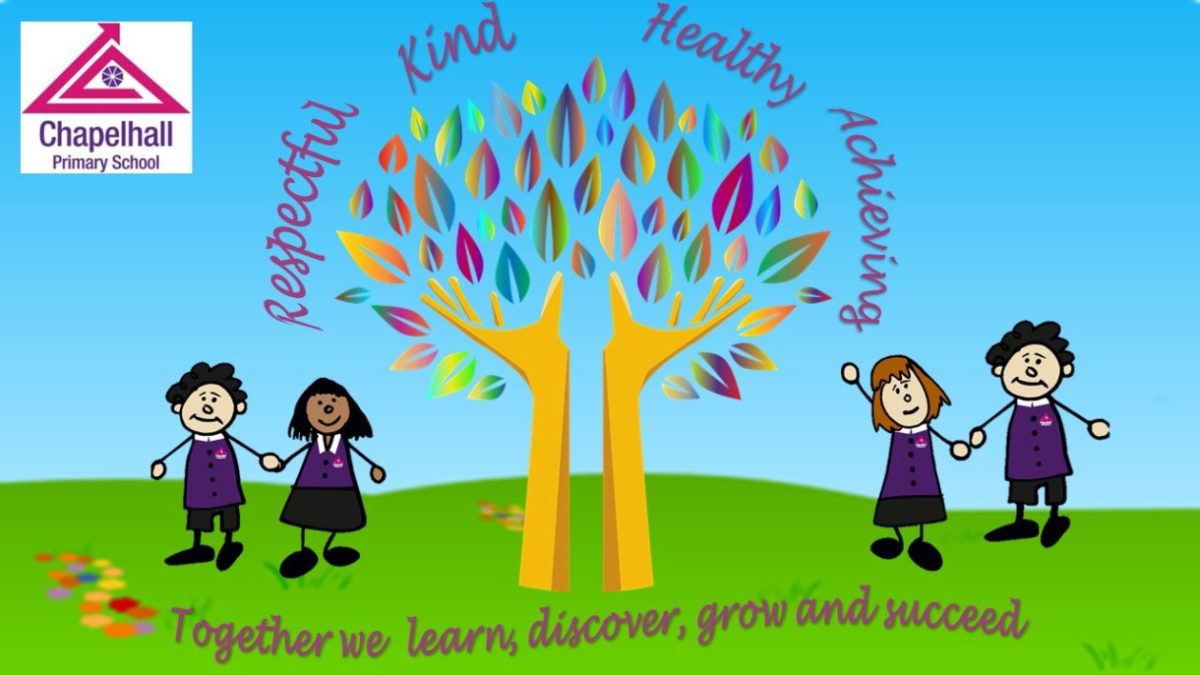|
||||||||
Skip to content
Chapelhall Primary School Blog
Together we learn, discover, grow and succeed.

